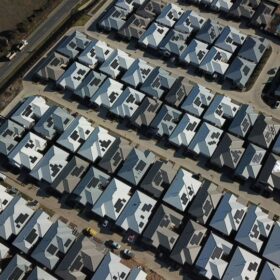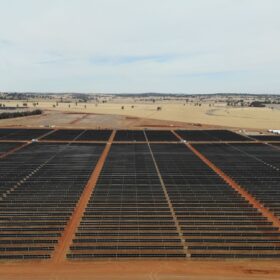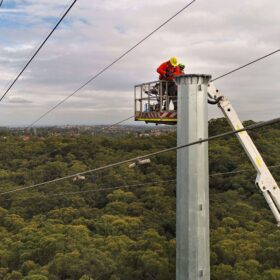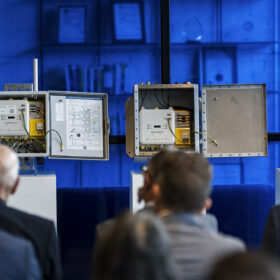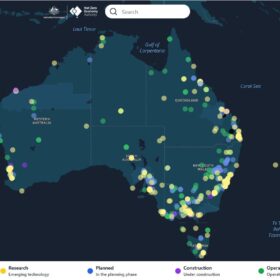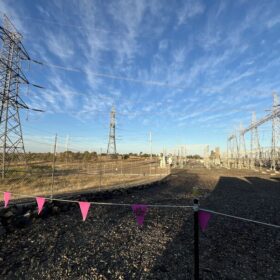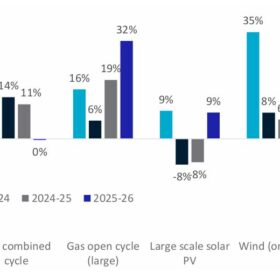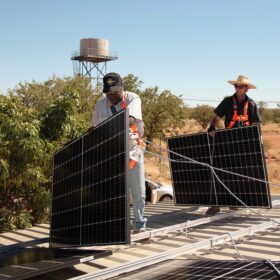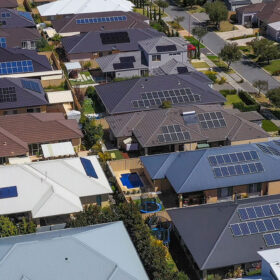Venergy completes 4.4 MW rooftop solar rollout for Stockland
Venergy Solar has completed what it says is one of the largest embedded network solar projects in Australia with 1,120 rooftop PV systems installed across four of property developer Stockland’s land-lease communities in Victoria.
Potentia pushes energisation button on solar-battery hybrid project
The first solar-battery hybrid facility approved in the National Electricity Market, the $190 million Quorn Park Solar Hybrid project developed by Potentia Energy in New South Wales, has been energised.
Facilitating DER/CER in Australia’s two-way energy system: report
The Australian Energy Regulator has released its third annual export services network performance report on facilitating consumer energy resources in Australia’s two-way energy system.
Engie lights up Big Bash Leagues stadium with accredited GreenPower
French energy giant Engie will power all four Big Bash League cricket matches at the Engie Stadium, at the Sydney Olympic Park with government accredited GreenPower, starting 20 December 2025.
1 GW transfer capacity unlocked by existing Hunter region network upgrades
Electricity distributor Ausgrid will unlock 1 GW of transfer capacity from the Hunter-Central Coast Renewable Energy Zone by upgrading its existing distribution poles and wires, instead of building of building new ones.
EnergyConnect transmission project records 10 million worker hours
Transgrid and Elecnor Australia, construction partners on the $4.1 billion, 700 kilometre EnergyConnect transmission project have clocked more than 10 million worker hours on the epic project involving the construction of over 1,000 transmission towers.
$994 million in contracts granted for Marinus Link Stage 1
Marinus Link has awarded $994 million in contracts as part of the TasVic Greenlink joint venture of DT Infrastructure and Samsung C&T Corporation to deliver the balance of works package for Stage 1.
IND targets global rollout of grid fault detection technology
IND Technology, the electricity grid safety start-up that was spun out of RMIT, has raised $50 million to help accelerate the global rollout of the company’s early fault detection technology.
New tool tracks Australian government renewable energy investments
The agency tasked with helping manage Australia’s move to a net-zero economy has launched an interactive map featuring more than 800 Commonwealth-supported utility scale renewable energy and net-zero projects, transmission lines, and industrial projects.
Iberdrola achieves connection milestone for Broadsound solar and battery build
The Australian arm of Spanish energy giant Iberdrola Iberdrola is poised to begin early testing of its Broadsound Solar Farm after Queensland transmission network operator Powerlink energised the grid connection to the 377 MWdc facility ahead of schedule.
